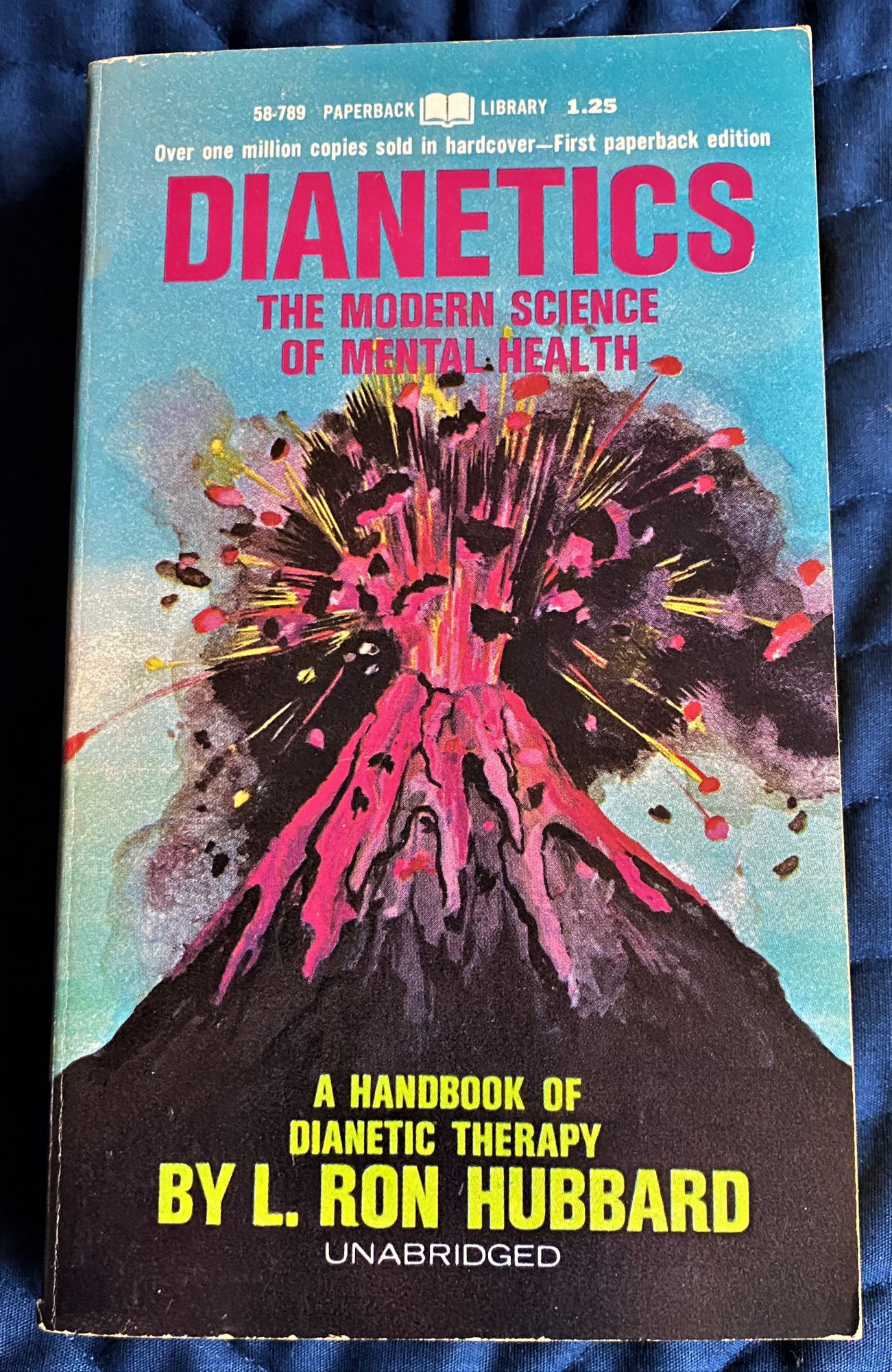Some Known Questions About Dianetics.
Wiki Article
Dianetics Fundamentals Explained
Table of ContentsWhat Does Dianetics Do?Dianetics Things To Know Before You Get ThisSome Known Details About Dianetics The Buzz on Dianetics
I could not ever before not intend to obtain anything that enters your mind for you- if it was or else, I wouldn't be sitting here with you, doing this. I not only could never ever have an issue, or not want to hear something that enters your mind for you, yet I'm completely anxious to recognize every concept, every thought, every photo or feeling that emerges or shows up for you- don't ever before believe otherwise, and if somehow you do, please just allow me recognize! In some cases, you might have a thought, and image, concept or occurrence pop up that does not appear to answer the concern, or connect to it, but nonetheless, constantly do inform me about it, and as we continue, the significance will certainly emerge for you.This is fundamental in the basis of processing, and the topic of this conversation: the fundamental functions of the counselor and the customer: The fundamental duty of the therapist is, unlike "conventional training", not to regulate, which implies to apply and/or inhibit, however to instead function from the basis of EMPOWERING THE CLIENT.

A Biased View of Dianetics
John Mcmasters shared this fundamental fact incredibly well in among his talks on Power processing, in which he discusses just how he was asked what this "unique knack" was that he had for providing such great sessions; he had to think of that for a minute, and detected that it was what he wasn't doing, in addition to what he was doing: he wasn't evaluating, judging, computer, or as a matter of fact, producing any kind of thoughts, let alone verbal expressions, after providing the command and while awaiting the PC to finish their response to their complete satisfaction; he was, just and just, being existing with the PC, and totally interested.The function of the counselor, demonstrated; that was his "unique propensity". I have had my own experience which showed me this well, really beforehand in the video game. In 1982, having actually just recently completed my training and internship on New Era Dianetics, I read was running this on a PC, and there was a factor in the session where (being a little bit wet behind the ears not yet having numerous hours under my belt as a professional auditor) the PC appeared to be "taking also long" to express anything verbally after I offered him a command.
This key became the most important contribution that John ever before made to the topic of treatment or auditing (Dianetics). In my humble point of view, it is the best payment that any person has actually ever made to these subjectsthe application is completely non-judgemental, non-evaluative, and lacking any kind of pointer, recommendations or opinion.no preconceived schedule for people, or 'degrees' that they have to do
In Scientology we prided ourselves on not reviewing for people. All that actually implied was that the auditor did not Vocally assess for the PC in session.
Little Known Facts About Dianetics.

Anybody that had ever seen John audit can not help however see a special top quality in his auditing."The client's fundamental duty is to be there with the purpose of relocating in the direction of their spiritual goals, and to easily and fully reveal and experience whatever shows up for them in answering the concerns and implementing the instructions in the processing.
This is something to procedure as needed. However additionally, people regularly have prior experience and/or indoctrination in auditing/processing which, somehow, and to some levels, actually misdirects them into mindsets, concepts and actions patterns that prevent the full awareness of these functions, therefore they will often tend to inhibit the expressing of what enters your Full Report mind, as in the examples provided over. * The first, and perhaps foremost instances of mis-indoctrination causing much less than totally smooth click reference and reliable sessions, can be discovered in certain facets of the training routines, or "TR's":"TR's" are usually an individual's initial, or at the very least early, experience in Scientology, and while I will certainly go on to discuss what I see as the flaws in concept and technique, however, have a tendency to be substantially restorative, done as they are provided (Hubbard insists that "TR's are not refining, they are educating", however factually, they are both processing AND training)
Alan Walter made similar monitorings, and enhanced these with his "Existence Processes". There is no "flunking", and no rejection of the reality of this being processing. The focus, as it needs to be, gets on experiencing the other individual's existence. All the symptoms which obtain a "fail" in doing "TR-0" are just the being's efforts to resist the various other person's presence, and as opposed to being bugged and nagged with "Flunk", which enforces "failure!" on the being, one merely requires to be urged to "stick their feet in the water a little much deeper", to progressively rehabilitate their ability and readiness to completely share and experience "being here", or "presence", with others.
The 6-Second Trick For Dianetics

Report this wiki page